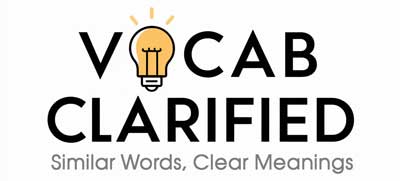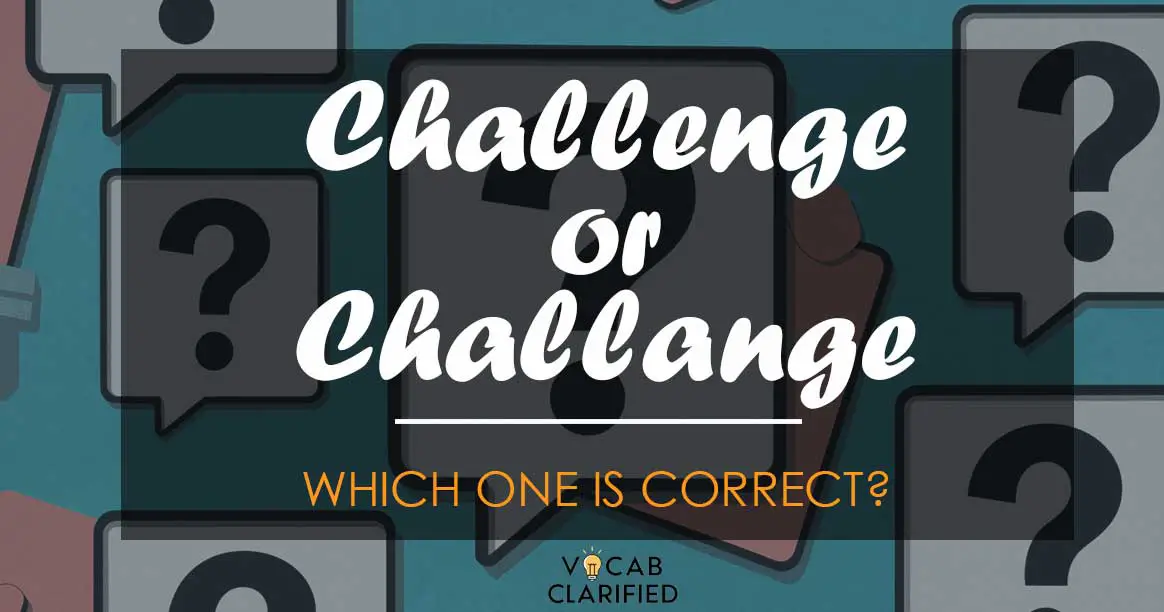We’ve all been there—writing an important email or document, only to second-guess the spelling of a word. Is it “challenge” or “challange”? These two terms might look similar, but one is correct while the other is a common misspelling.
In this article, we’ll explore the proper usage of “challenge,” why “challange” is incorrect, and how you can avoid making this mistake in your writing.
Understanding Challenge And Challange
Challenge: Definition and Usage
The word “challenge” is a noun and a verb, commonly used in various contexts. As a noun, it refers to a task or situation that tests someone’s abilities, such as in the phrase “facing a challenge.” As a verb, it means to question or dispute something, like when you “challenge an idea.”
Examples:
- Noun: “Climbing Mount Everest is considered one of the greatest challenges.”
- Verb: “The lawyer decided to challenge the court’s ruling.”
Challange: Definition and Usage
On the other hand, “challange” is not a recognized word in the English language. It’s simply a misspelling of “challenge”.
The error often occurs because of the similarity in pronunciation, but it’s important to note that “challange” has no meaning and should be avoided in your writing.
Example:
- Incorrect: “The team faced a huge challange in the final round.”
- Corrected: “The team faced a huge challenge in the final round.”
Side-by-Side Comparison
| Aspect | Challenge | Challange |
| Definition | A test of ability (noun); to question something (verb) | Not a recognized word |
| Common Usage | “He accepted the challenge to improve his skills.” | “Challange” is an incorrect form |
| Key Differences | Correct spelling and meaning | Misspelling with no meaning |
When deciding between “challenge” and “challange,” remember that “challenge” is always the correct term. Whether you’re referring to a difficult task or disputing an idea, “challenge” is the word to use.
Everyday Usage Examples
To further illustrate how “challenge” fits into everyday language, here are a couple of examples:
- Challenge as a Noun: “The new project presented a significant challenge to the entire team.”
- Challenge as a Verb: “She challenged the decision made by the committee.”
These examples show the versatility of the word “challenge” and how it can be used correctly in different contexts.
Conclusion
In conclusion, “challenge” is the correct spelling and should be used in both noun and verb forms. The term “challange” is a common misspelling and doesn’t hold any meaning in the English language.
By remembering this distinction, you can ensure that your writing remains clear and professional.

